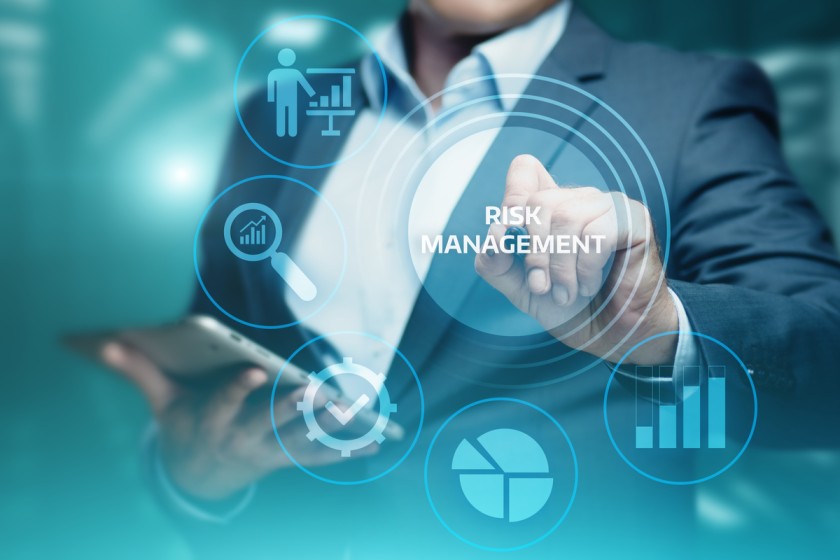Are You Being Proactive In Your Risk Planning?



Risk management is essential to make your business successful and ready for any challenges in the future. Several brands strive to improve their brand value using digital ads and marketing to become relevant to the public, even in the times of crisis such as COVID-19.
Earlier, brands employed reactive strategies, that is, they would only change the existing structure when there was a crisis. However, with the evolving fashion market, brands do not have time to reconstruct themselves to stand again after taking a big hit. Therefore, brands need to employ proactive risk planning, such as volunteering, maintaining relations with authorities and local businesses.
Proactive Risk Planning
When a company manages its risk proactively, it can handle both prolonged and short-term crises. It involves managing risks by identifying the potential and drivers, prioritizing risks, and taking actions accordingly. There are various categories of risk that a clothing company may face.
Operational Risk
Operational risks are the risks related to cloth quality and the condition of the workforce. To mitigate this risk, companies must analyze their operations and seek improvements.
Financial Risk

Due to weak contracts and the inability to clear out inventories, brands cannot generate money for production. Brands can avoid this situation by identifying the right target audience, which will increase their sales. Brands may also seek advance payments to manage their digital ads and marketing costs.
Supply Chain Risk
A lot of brands experienced supply chain disruptions during the coronavirus pandemic. This made them ponder upon ways in which they could minimize this risk. One of the empirical methods to manage this risk is increasing transparency between sellers and buyers.
Compliance Risk
Brands struggle a lot to build their image among their buyers, and this image can be easily crushed if brands do not comply with the rules set by government bodies. So to solve this issue, brands can take corrective actions and identify any possible gaps in the control.
Industry Risk
Often there are significant changes in the supply chain due to shifting trade policies. Due to this, brands can face inventory risks, which disrupts their business. Therefore, to proactively manage this risk, brands should be able to anticipate such changes in the global markets and change their business strategies.
Proactive Risk Management Using Relevant Volunteers

Any organization can mitigate risks by building a strong community of volunteers. Volunteers are people who very strongly support the idea of the brand and are ready to respond to their calls anytime. These volunteers are the ones who will act as pipelines through which companies can boost their sales.
Fashion brands can build such a community of volunteers by actively engaging in small events in the community. Brands can take up issues such as promoting literacy and reducing poverty and solve them through a voluntary group. This group will increase the company’s goodwill, eventually polishing the brand's image in the eyes of the community.
Improving Government Relationships
Government bodies play a significant role in framing the rules and regulations that brands need to follow. On several occasions, the condition of workers in companies is compromised, which leads to shutting down plants temporarily or even permanently.
Wendy Yu Curator, working as a curator in charge of The Costume Institute at the Metropolitan Museum of Art, says, “It’s (fashion) been used to express patriotic, nationalistic, and propagandistic tendencies as well as complex issues related to class, race, ethnicity, gender, and sexuality.”
Therefore, it becomes essential for brands to maintain good relations with government bodies that can support them in their initiative. Brands can strengthen relations with policymakers by funding their election campaigns and helping them financially in times of crisis. In this way, brands target social issues and build a solid consumer base emotionally connected to them.
Building Relations with Local Business Champions
Building relations is crucial for any business as it will help them create a new customer pool and improve their reputation within the business circles. Local businesses always have the edge over the big brands as they mainly deal with the local population. Hence, they have a narrow target audience.
Due to this focused approach, small businesses better understand a customer’s needs and use better digital ads and marketing than big brands. Small brands pose a severe risk to the big brands in terms of sales. Studies indicate that big brands have lost more than five percent of their shares over several markets due to the growth of local businesses. Therefore, brands need to build relationships as a proactive risk management strategy.
One item that comes under a brand’s proactive risk management strategy is maintaining a consistent supply chain. To do this, brands require an excellent cloth supplier. You can take the help of Fashinza. Fashinza is a B2B apparel manufacturing platform whose chief offering allows brands to place an order, track it, receive daily production updates, communicate with manufacturers, and make payment.



















